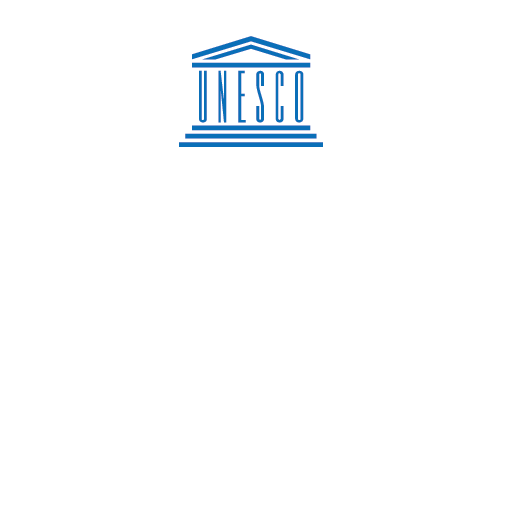The programmes of the Communication and Information Sector are rooted in UNESCO’s Constitution, which requires the Organization to promote the free flow of ideas by word and image.
UNESCO works to promote free, independent and pluralistic media. In order to empower individuals and communities as producers and consumers of information, UNESCO defends the freedom of the press, security for journalists, the creation of community media, the control of information and education in journalism. UNESCO’s strategic objectives for communication and information are designed to promote freedom of expression, media development and access to information and knowledge.

These objectives take the form of two action plans:
- Fostering an environment favourable to freedom of expression, freedom of the press and the security of journalists, by facilitating pluralism and participation in the media, and supporting sustainable and independent media institutions;
- Ensuring universal access to and safeguarding of information and knowledge.

